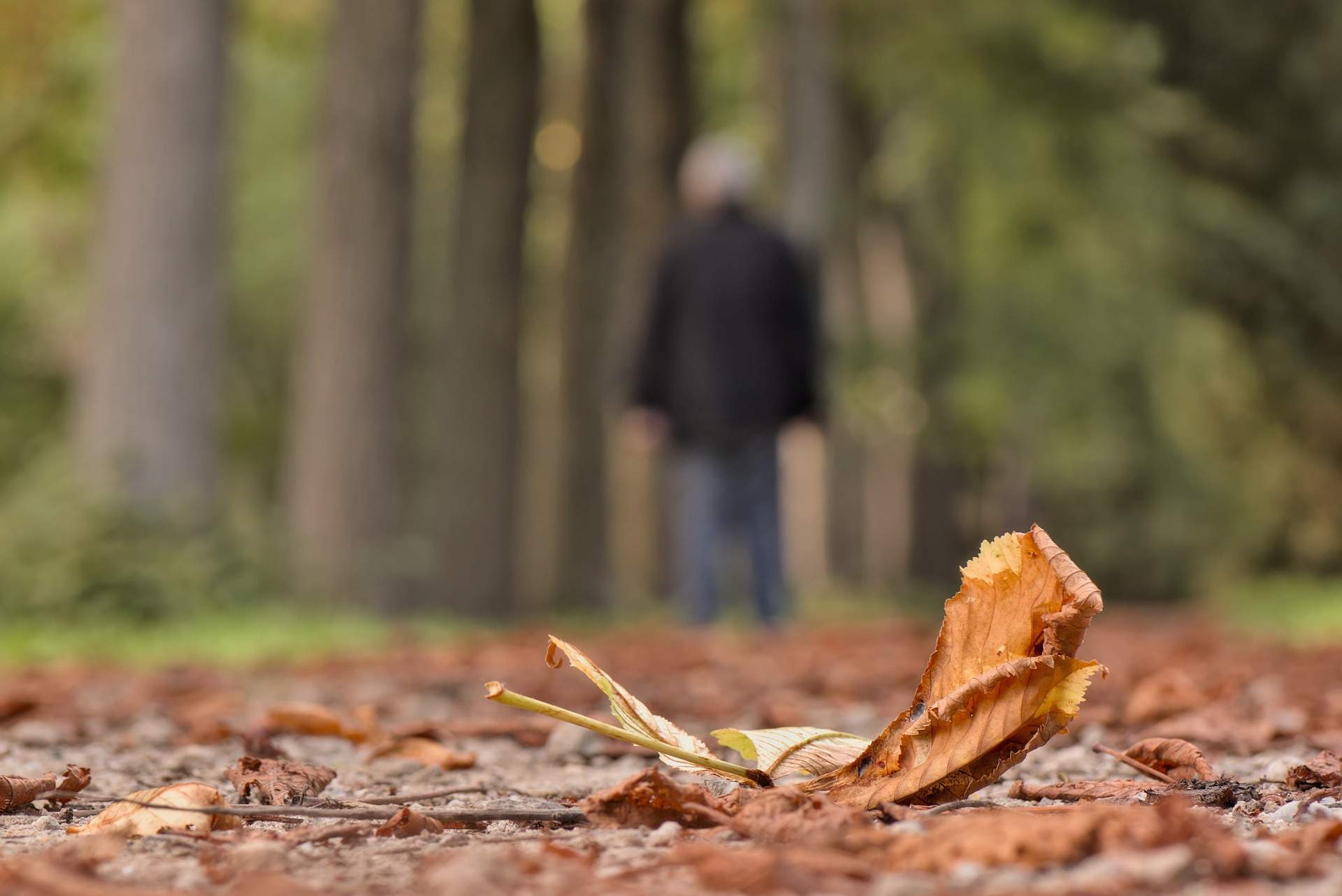There’s a quiet grief that lives in all of us—the life unlived, the potential unrealized, the versions of ourselves that could have been. We carry it in shadows, rarely naming it, yet it tugs at our hearts in our moments of reflection. Society has taught us to see this grief as failure, to mourn what we have not become as though we are less because of it. But perhaps it is time to ask: why must we apologize for what we are not? And more importantly, can we forgive ourselves for it?
Author: Cailin Reiff
The world thrives on a narrative of absolutes. From childhood, we are spoon-fed stories of “right” paths and “wrong” choices, as if life is a linear race with one finish line. Get the degree. Land the job. Find the partner. Build the house, make it a home. Anything less is framed as settling; anything more is indulgence. It’s a script that leaves no room for detours, no allowance for a quiet life, no space for dreams that don’t fit the mold. We grow up thinking that our worth is measured by milestones achieved and potential fulfilled, and so we chase. We run until we are breathless, trying to become everything we’re told we should be, while feeling hollow for all that we are not.
Here’s the truth we rarely hear: we cannot become everything, and that is not a tragedy. It is the nature of being human. To live is to choose, and to choose one path is to leave another behind. It’s easy to romanticize the “what-ifs,” to linger on the roads not taken, but those roads were never meant for you. Every decision, every twist and turn, has led you to this version of yourself. There is no alternative you waiting to be unlocked like a prize—there is only the person you are, and that person is enough.
Still, forgiveness is not always easy. We are so often our harshest critics, fixating on the skills we didn’t master, the relationships we didn’t nurture, the goals we didn’t achieve. We compare our lives to curated images on screens and wonder if we made a mistake somewhere along the way. But comparison is a thief, and regret is its accomplice. What would it feel like, instead, to sit with your grief for what you are not and simply let it be? To hold it gently, like an old friend, and say, ‘I see you, but I choose not to let you define me.’
Society may never stop whispering its judgments, for it will always try to convince you that there is one right way to live. But its voice is not the one you need to follow. Your choices, your joys, and even your regrets are yours alone. They are the patchwork quilt of your life, every individual thread essential to the whole. If you can find the courage to forgive yourself for what you do not become, you may also find the freedom to celebrate what you are.
Because in the end, the measure of a life is not its alignment with some external ideal. It is the love you give, the lessons you learn, the small ways you make the world better simply by existing. It is the smile you give a stranger; the empathy you show a friend and the ideas you share with this vast and ever-changing world of ours.
So let us grieve, if we must, for what we are not. But let us also rejoice for all that we are, and for the infinite beauty of the imperfect, unfinished, extraordinary selves we’ve chosen to become.
You cannot change what you are, only what you do.
Philip Pullman
Image by: Peggychoucair from Pixabay
Edited by: Sophie Van Den Berge, Johanna Larsson Krausová



